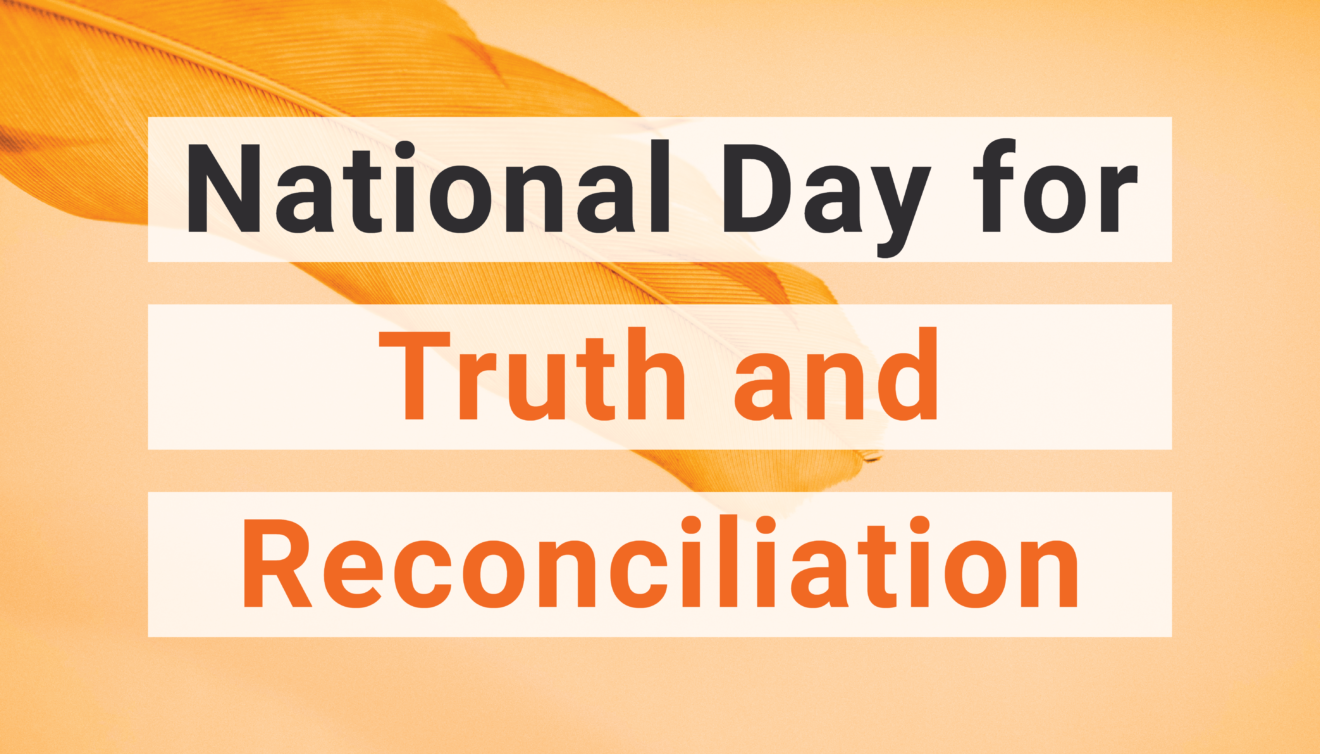Canadians will mark the first National Day for Truth and Reconciliation this Thursday, September 30.
The Truth and Reconciliation Commission ran from 2008 to 2015 and provided those directly or indirectly affected by the legacy of the Indian Residential Schools policy with an opportunity to share their stories and experiences. The Commission released its final report detailing 94 calls to action.
The National Day for Truth and Reconciliation is a direct response to call to action #80, which called for a federal statutory day of commemoration. You can see all reports from the National Centre for Truth and Reconciliation, here.
The impact on the well-being of generations of survivors, families and communities is still being felt. As professionals dedicated to preserving the health of Albertans, every day we see the results of the trauma suffered. We need to raise awareness of the very tragic legacy of residential schools and honour the thousands of Survivors.
HSAA members took the important position that the social, economic and health disparities among Indigenous peoples are not acceptable and have acted.
We are encouraging HSAA members to participate in events if they can and when it is safe to do so. There are a number of events being held online as well. Honour Survivors by wearing orange. We hope you will take some time to explore the links provided in this statement and take a moment to reflect on the importance of Truth and Reconciliation. Watch our award-winning documentary “Treaty Walk: A Journey for Common Ground” that chronicled the journey of discovery shared between HSAA members, folks from the faith community and Indigenous communities.
We can also commit to more action beyond Thursday. Read books by Indigenous authors, including Phyllis Webstad’s “The Orange Shirt Story.” We can also identify and reach out to local Indigenous-serving organizations. Read the 94 calls to action and commit to one.
Commemorating the tragic and painful history, and the ongoing impacts of residential schools is a vital component of the reconciliation process. In solidarity.
